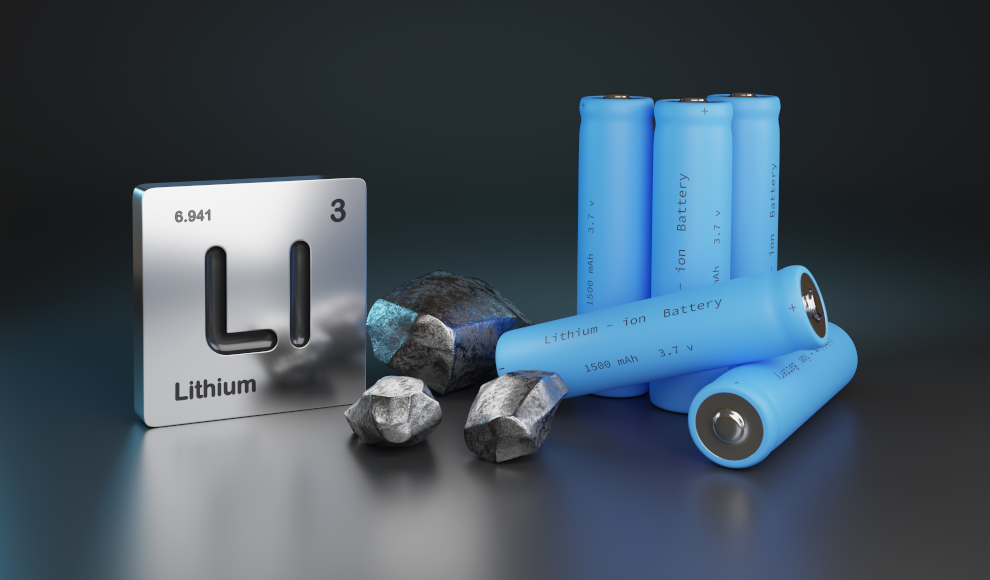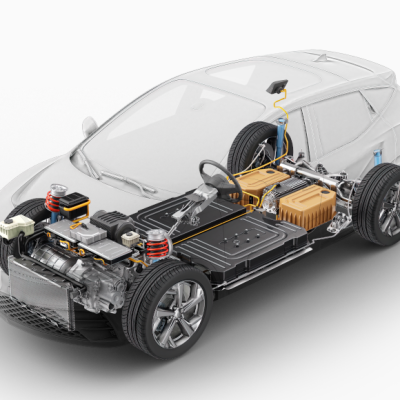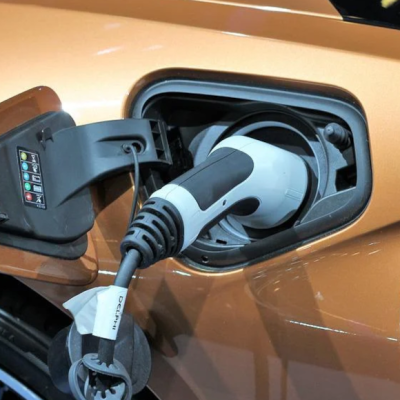Lithium-ion batteries are widely used in electronic devices and electric vehicles due to their high energy density, long lifespan, and lightweight. However, these batteries suffer from a gradual loss of performance due to lithium deposition, and they also lose their charge over time, even when not in use. Scientists have long suspected that a process called Redox-Shuttle is responsible for this self-discharge, but the exact cause was unknown until now. Researchers at Dalhousie University in Canada have discovered that a component of the plastic used in the adhesive tape that holds the battery together is responsible for the self-discharge. The discovery could lead to improvements in battery design and performance.
The researchers analyzed different types of lithium-ion batteries, including those used in mobile devices, and exposed them to various temperatures to study their electrochemical behavior and chemical composition. They found that a normally colorless electrolyte turned yellow, then orange, and finally dark red as the temperature increased. The team identified Dimethyl-Terephthalate (DMT), a component of the plastic used in the adhesive tape, as the potential Redox-Shuttle responsible for the self-discharge. The chemical reaction that occurs when the battery heats up causes the plastic to decompose, releasing DMT, which acts as an electrochemical shuttle and slowly discharges the battery.
The researchers suggest that replacing the PET adhesive tape with a different material that does not release DMT could solve the self-discharge problem. The discovery has commercial significance and could lead to improvements in battery design and performance. The researchers are already in contact with battery manufacturers to explore alternative materials for the adhesive tape. The study highlights the importance of paying attention to inactive components in battery design and the potential impact they can have on battery performance.










